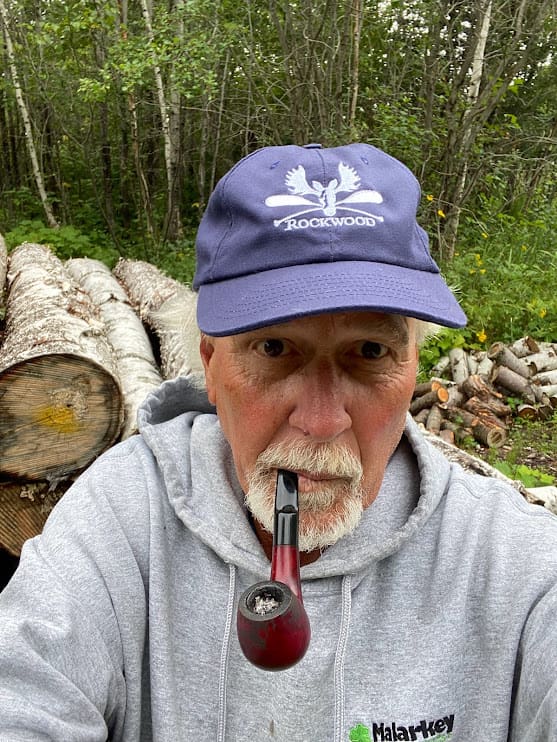Telling stories about the old days is almost as much fun and educational as talking about the aches, pains, and exotic diseases our bodies bless us with.
Last fall, a small group of folks gathered at The Hub, Grand Marais’s senior center, to see if there was enough interest in forming “Leave a Trace,” a group that would meet monthly to encourage each other to write and share some of our stories.
My friend Larry asked me to participate because I’d written a column last summer about the benefits of putting our stories on paper— not for publication or notoriety, but to help our descendants get a feel for our experiences.
We agreed this would be something other than a traditional writers’ group. We meet on the third Wednesday of each month, and a handful of us show up (1:30 p.m. at the Hub if you’d like to join us). We don’t make a big deal about grammar or sentence structure, but we do discuss shared experiences. After hearing what one of us has written, others in the group share similar experiences or encounters with similar people and situations.
As I’ve listened to the stories shared or “vignettes” as Larry calls them, I am struck by how many things we have in common. Each of our experiences is unique in the particulars but relatable to a general theme. Each gathering starts with gossip (sharing the news if you prefer). Then, we share stories, offer genuine support, and always experience a good dose of laughter. You wouldn’t believe some of these people, your neighbors, were up to in the last century.
Getting older is a privilege, for sure. Sometimes it’s a pain and you feel like you’ve lived too long. Other times, it’s just plain funny, especially when you tell yourself. Writing down the experiences of today is as important as the memories of yesterday.
The bohunk and I follow a pretty set routine around this drafty old house on the ridge. When it’s winter (last week, in the middle of May), we start or feed the fire in the stove that provides heat for the winter. We move on to make the coffee, and Becky feeds the dogs, a routine that makes a good story, too. Then we walk the dogs, I swallow a glass of Metamucil, and we sit down on the loveseat in front of the stove to catch up on news and social media while enjoying a fresh cup of joe.
The gods blessed Becky with finding a stray farm kitten on a walk near our Illinois home eight years ago. We aren’t cat people, so Becky tried to sluff it off on others. Nobody would take him, so he became our house cat, Winthrop— a critter decidedly different from the multiple dogs that share our home. One morning last week, sipping our coffee and lamenting the general insanity of society evident in the news, I got up to poke a small fire struggling to warm the house. Returning to the loveseat, I sipped from my coffee cup, set it back on the small table in front of me, and started a game of cribbage on my cell phone.
Winthrop sufficiently dominated the bohunk and decided to move onto the small table in front of the loveseat. He is temperamentally unsuited to move about without causing grief; he knocked my coffee cup onto the floor. After cursing the feline terror sufficiently, I started mopping up the mess.
And then…
Becky looked at me and said, “You have something on your face from the wood store.”
My hearing worsens daily, so I asked, “What the hell is a wood store?”
“Not a wood store,” she said. “Wood Stove,” in a tone that proved she’s grown tired of dealing with failing hearing. Of course, we both ended up laughing. Hearing failures now rank ahead of memory failures, which are also increasing in frequency.




